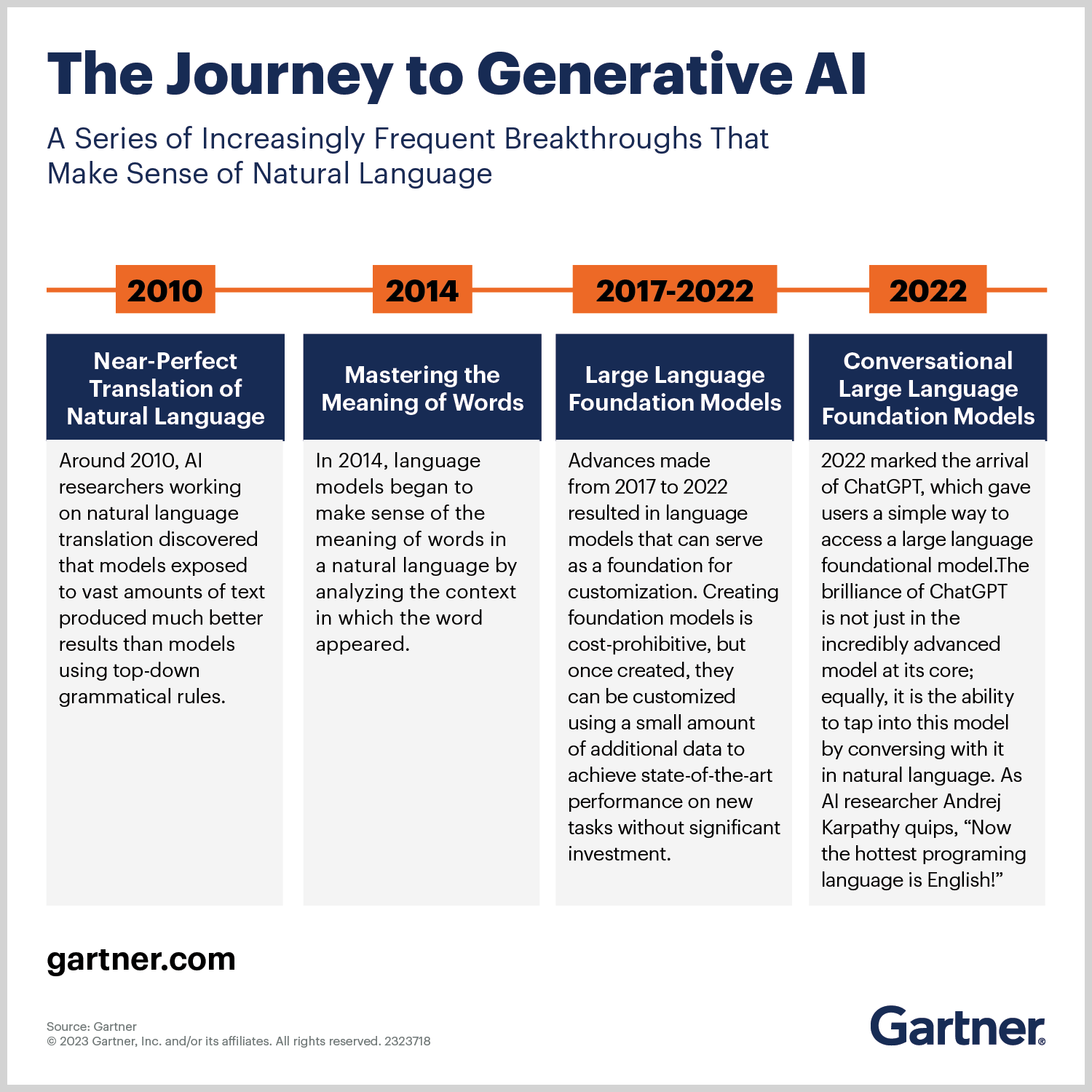








In the ever-evolving landscape of technology, Artificial Intelligence (AI) continues to push the boundaries of innovation, and generative AI is at the forefront of this revolution. Generative AI refers to the creation of new data, such as text, images, or code, by leveraging machine learning algorithms trained on vast datasets. These cutting-edge tools are transforming industries, and software development is no exception. In this comprehensive guide, we’ll explore the world of generative AI tools, their benefits, and how they are reshaping software development processes.
Definition
Generative AI (GAI) is a branch of AI that focuses on generating new data, such as text, images, audio, or code, by learning patterns and characteristics from existing data. It leverages advanced machine learning algorithms, particularly deep learning techniques like generative adversarial networks (GANs) and variational auto-encoders (VAEs), to create novel and realistic content. According to Goldman Sachs, GAI has the potential to boost global GDP by 7%, or nearly $7 trillion. This technology has the potential to revolutionize various industries by automating creative tasks and accelerating development processes. Some industries that stand to benefit significantly from generative AI include:

Some Generative AI Tools
Unquestionably, AI tools are being utilized in the modernization sphere. In an effort to develop their own artificial intelligence, numerous businesses and organizations have devoted substantial resources. Some notable examples that have gained popularity for their convenience and intelligence include:
These GAI tools operate at different levels of artificial intelligence, with capabilities ranging from narrow AI (focused on specific tasks) to more advanced forms of GAI. Their strengths lie in their ability to understand and generate human-like text, code, and other forms of data, making them invaluable assets for businesses seeking to streamline and enhance their software development processes.
Generative AI tools offer numerous benefits that can revolutionize software development practices:
Code Generation and Optimization
ChatGPT and other GAI tools can generate code snippets and even complete applications based on natural language prompts or specifications. This capability streamlines the development process and reduces the time and effort required for coding tasks. Additionally, these tools can optimize existing code by suggesting improvements, refactoring, and identifying potential issues.
Learn more about software development: What is Software Development?
Natural Language Processing
Generative AI models excel at understanding and producing human-like text, making them ideal for natural language processing tasks in software development. These tools can assist in creating chatbots, virtual assistants, and conversational interfaces, enabling more natural and engaging user experiences.
Predictive Analytics
Generative AI tools can analyze large datasets and identify patterns, trends, and insights that can inform decision-making processes. This capability is particularly useful in many areas. For example, in software testing, AI models can predict potential issues and suggest solutions. This leads to more robust and reliable applications.
Learn more: What’s The Future of Generative AI?
As the world of software development evolves, generative AI tools will play a critical role in promoting innovation and efficiency. By leveraging the power of these cutting-edge technologies, businesses can reap many benefits. Some of them are to accelerate development cycles, enhance productivity, and unlock new levels of creativity. At ITC Group, we understand the transformative potential of generative AI and are committed to helping our clients harness its capabilities to gain a competitive edge in the ever-changing digital landscape.
Whether you’re seeking to streamline your software development processes, create more engaging user experiences, or unlock valuable insights from data, our team of experts is ready to guide you through the development of generative AI solutions. Contact us today to explore how we can collaborate and leverage the power of generative AI!
Stay ahead in a rapidly changing world with our monthly look at the critical challenges confronting businesses on a global scale, sent straight to your inbox.